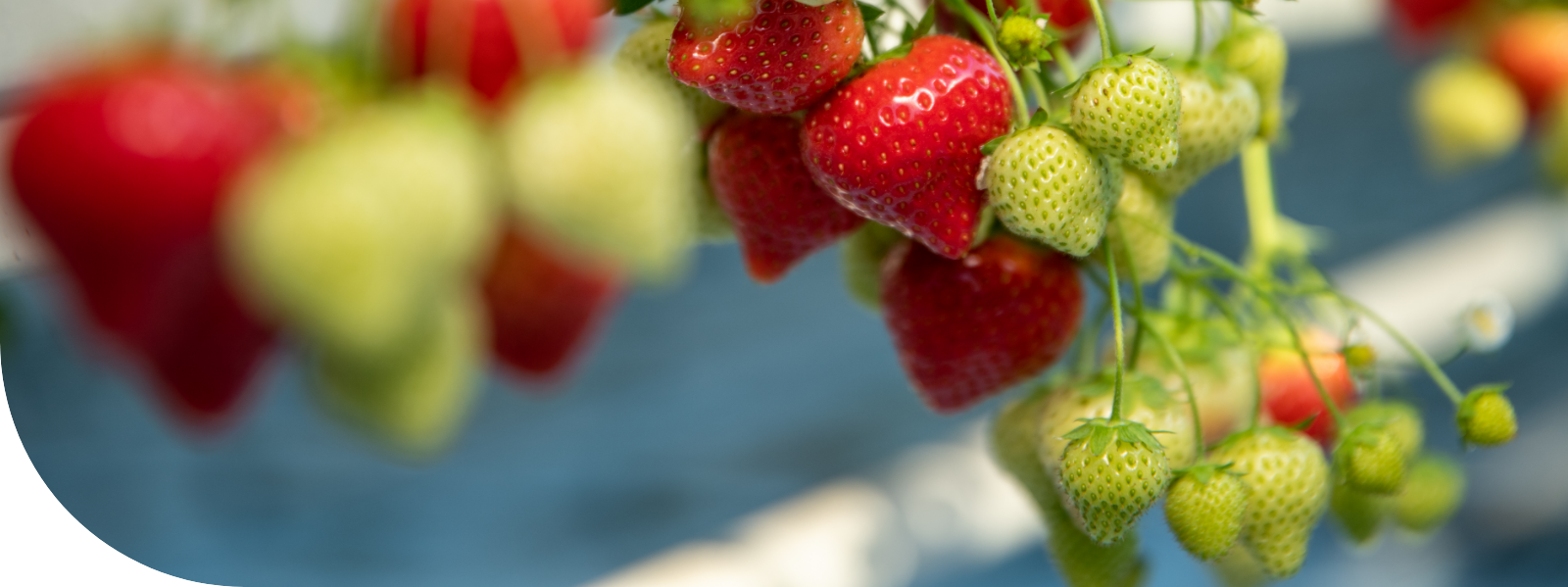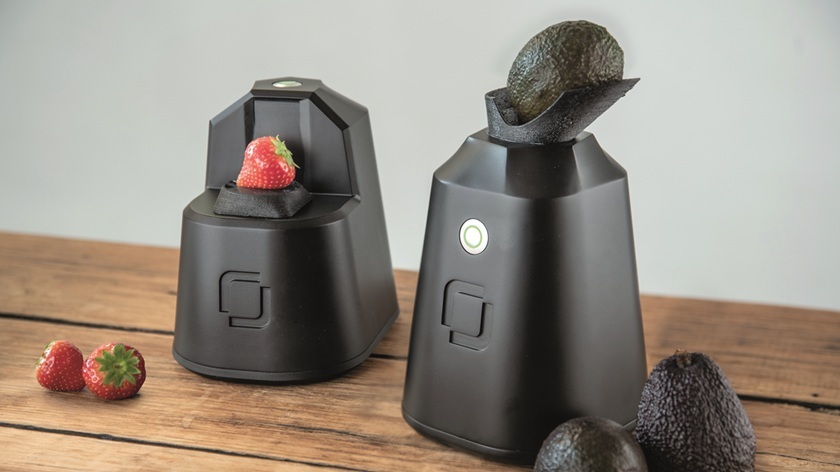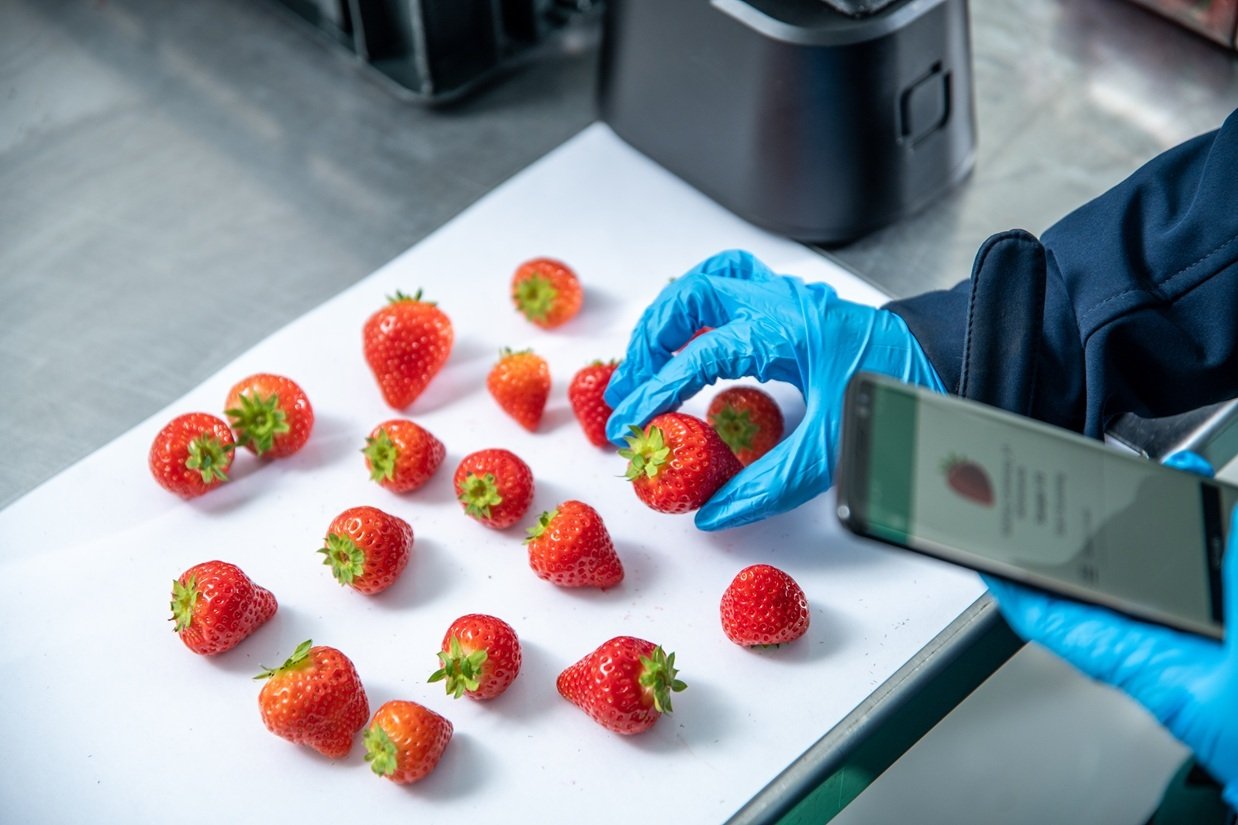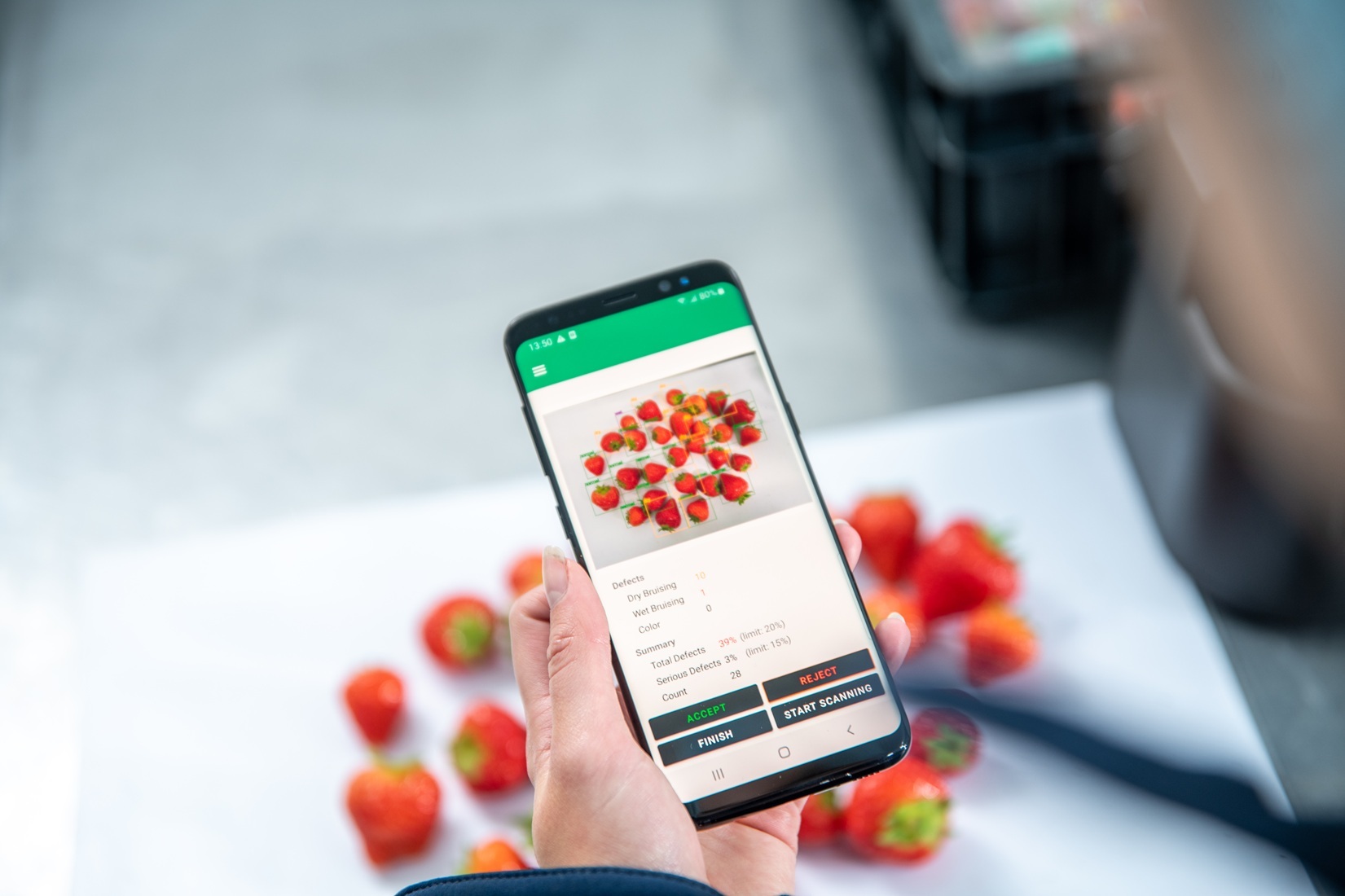
16 Jun 2023
doorOneThird
A Sustainability Advisor’s Take on Food Waste
Eden Owen-Jones achieved a 2:1 BA in Social and Political Science at the University of York. A triple faculty BA in Politics, Sociology and Social Policy gave her a base in the global political economy specialising in sustainability, environmental foreign policy and welfare economics. Now, she volunteers with food waste organisations in the South of England.
Learning About Food Waste
In the summer of 2016, I was on my gap year and working at a leading British supermarket. I regularly found myself running around with a trolley full of reduced food, yelling things like, “Who wants cheap bread?” and “Lovely food, still great to eat!” I was trying to prevent it from being thrown away. Otherwise, company policy directed us to discard all bakery products daily. Meat, fish and deli items that hadn’t been sold within two days of being opened received the same treatment. I didn’t realise at the time that I was just passing the burden of not wasting that food on to the shoppers. I had no idea of the true extent of household food waste.
When I started working there, I wasn’t aware of the supermarket’s policy, and employees were instructed to make the bakery shelves appear abundant at all times. As a nervous new employee, I kept those shelves brimming with freshly baked produce – not realising that I should stop towards the end of the day. One day, I was responsible for over eight garbage bags of fresh, perfectly good bread going in the bin. I was so ashamed of myself.
Food Waste at Home
I learnt to cook at home, in an environment where nothing could be wasted. Oftentimes, I had to be creative at dinnertimes and string the contents of the larder and fridge into a coherent and tasty meal. I thought everyone ignored sell-by dates – why wouldn’t you? That was how I cooked, and I just assumed everyone did the same.
However, when I got to university, I saw my flatmates throw away entire loaves of bread with no visible signs of mould. They even chucked full packets of meat, salad, fruit and veg in the bin, poured perfectly good milk down the drain, and scrapped leftovers. Efforts to discuss this behaviour with them weren’t as successful as I had hoped.
Food Waste in My Community
Wanting to become more involved in tackling food waste, I came across YourCafe. This group of lovely individuals meets once a week to rescue food from supermarkets that was heading to landfill. They do this by creating a pay-as-you-feel café and shop for the community to enjoy.
YourCafe’s aim is to educate the community on the issue of food waste and to provide a hot, delicious meal for anyone who wants one. I loved volunteering with them and did it as much as I could. I got to cook all day, creating a menu in much the same way I always had: I worked with the available ingredients and made something great. There were always lots of amazing fresh fruit and vegetables, and sometimes we would have food from other cultures around the world that I had never tried before, like traditional polish breads and sausages. One day, 15 boxes of profiteroles were dropped off.
After working in a supermarket, I wasn’t shocked by what I saw. At the time, the market could not legally donate the food. Since then, positive policy steps have been made in the private sector. Still, the retail market is responsible for less than 2 per cent of total waste. It’s in our own daily lives that we need an attitude transformation.
To learn about food donation policies in the U.S., check out this post from OneThird.
Global Food Waste and Food Security
Globally, every year we farm an area that is larger than China just to produce all the food goes uneaten. This accounts for roughly one-third of all food produced globally. In our current global society, at least 1 billion people go hungry. Meanwhile, the world population will increase by 2 billion people by 2050. Additionally, the agricultural industry faces increasing weather variability and unpredictability which will have a significant effect on the resilience of our food system. And mind you, if we maintain current levels of food waste, our food system will have to increase production by up to 70 per cent by 2050 to meet the world’s growing demands.
Food Waste in the Value Chain
Food security is not and should not just be about increased production, but also about decreasing waste along the value chain. The food we eat isn’t just food – it’s water, soil, fossil fuels, manpower. So often we forget everything that goes into making it. An egg isn’t just an egg, it’s 53 gallons of water.
Food is wasted in every stage of its life: it’s lost on the farm and during sorting, packaging, transportation. Then, it frequently is forgotten about in our fridges. However, a 2011 report found that in high- and middle-income countries, consumer behaviour and quality standards are the biggest reasons behind food waste. In Europe and North America, we waste an average of 95kg-115kg of food per person per year.
Recent estimates have said UK households waste as much as 4.5 tonnes of food every year. Something has to change.
What’s the Big Deal About Shelf-life, Anyway?
Shelf-life prediction would be a monumental way to tackle this issue and will enable consumers to look beyond sell-by dates. On this note, YourCafe reminds us to “feed bellies, not bins”. Shelf-life prediction could also reduce waste at the commercial level as supermarkets could use this technology to refine how they mark-up sell by dates.
I don’t think people are happy throwing away food; we’re all just too anxious, tired and busy. Uneasy about your ability to determine a food’s shelf life? You’re not alone! Many of us with demanding work schedules and unsympathetic sick leave aren’t going to want to risk it. Perhaps we can’t face the extra time on our feet cooking and sorting out the fridge at the end of a hard working day. So we get takeaways or buy something we can just stick in the oven and try not to think about all the food in our fridge that we know needs eating. Moreover, sometimes we just don’t want or feel like eating the food we have. However, I would argue that this is a privilege and one we need to fully recognise if we are going to tackle this issue.
What Can We Do to Solve the Problem at Home?
Ensuring something doesn’t go in the bin often takes less time than making a tea or coffee. Making a quick pickle brine for leftover cucumber, broccoli stalks or green beans genuinely takes minutes and gives you something delicious with a long shelf life.
Always remember that the freezer is your friend. I keep ‘Green’ and ‘Red’ freezer bags in there to keep scraps and over-ripe veg for ready-to-go soup mix. It’s a brilliant quick-fix when I get home late.
Some potato’s that “went off” on the 21st of June. I cooked them into the meal in the next image on the 8th of July.
If vegetables like tomatos, celery, or carrots are getting past their best, I often make a “master sauce”. This is just a simple tomato sauce that I store in batches that can be transformed into chilli’s, pasta sauces, or minestrone. Occasionally, I use it to make a play on shakshuka. Really, you can use this master sauce for anything that can use a tomato base.
Any fruit that’s looking a bit soft, I cook on the hob for a few minutes and then freeze it as compote to eat with porridge or pancakes. Buy the veg with the bumps and bruises – once it’s cooked, you’ll seldom be able to tell the difference. Make a stock with scraps, get creative with leftovers, make a jar of croutons and breadcrumbs.
Are you someone who forgets when you put leftovers in the fridge? Date label them! This way you’ll know when to use them by. Yes, this can be time-consuming, but it’s also fun and genuinely satisfying.
Ways to Be a Better Consumer
We tend to shop habitually. For example, we buy milk even though we have half a carton in the fridge. Other times, we pick up another loaf of bread when we might have one in the freezer. Planning meals doesn’t have to mean setting aside time to rigidly organise lunches and dinners. At the start, it could be as simple as shopping with meals in mind. This will mean flexibility in your meal choices while decreasing waste. Consumer behaviour does have an impact on commercial practices. How we choose to eat will in time change what we see on the shelves – and hopefully how long it’s there for.
One last idea is to try out food waste apps like Olio, which help you to share your food with your community. Donating food to a food bank can also be a good idea. In the U.S.? Check out OneThird’s map to find a food donation center near you.
If you have any questions about this blog or anything else regarding food waste, I’d be happy to chat with you via LinkedIn.
Happy cooking – you might enjoy it.
– Eden Owen-Jones


